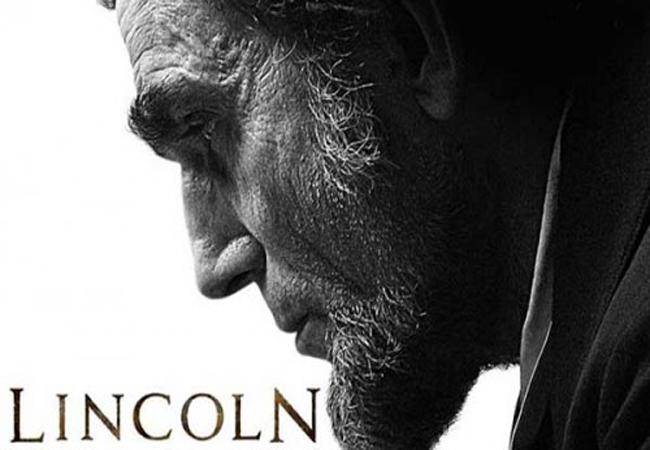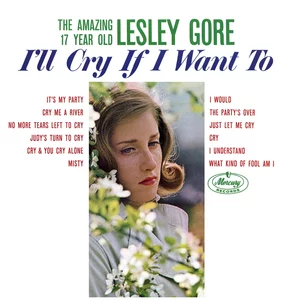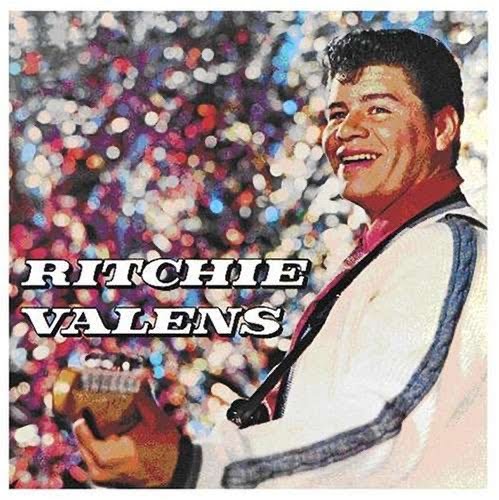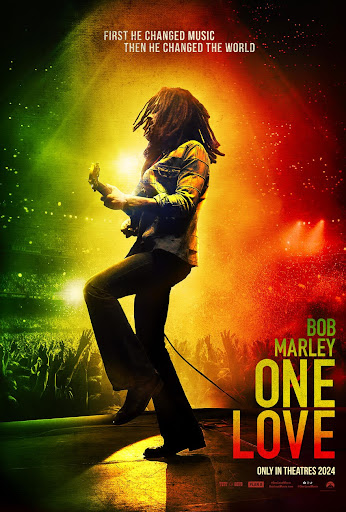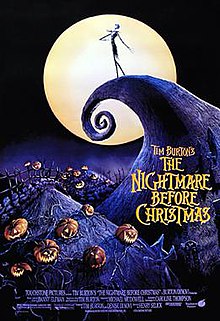The film opens with a gory battle scene—bayonets ripping through blue uniforms, bubbling blood from slit throats and cannons erupting in clouds of gunpowder. It lasts longer than I had expected and I think to myself, ‘I knew I wouldn’t like it.’
Never was a first impression more wrong.
The very next scene is two black soldiers, talking to a man unseen behind the camera like he was God himself—nervous, choosing words carefully, gripped with full attention. They are in a union war camp and it is nighttime.
The audience doesn’t anticipate who is behind the camera until the scene cuts to a man, long-legged and sitting. The heavenly quality of the light shining down on him and the signature salt-and-pepper beard reveal that he can only be one person—the great Abraham Lincoln, 16th president of the United States and abolition-era superman, played by Daniel Day-Lewis.
“It just…it worked,” senior Gabriel Kuhl said. “[In the first scene] they just had him doing small talk with everyday people; they just made him out to be this normal guy.”
It should come as no surprise that the movie was directed by Steven Spielberg. The use of moving shots and captions to introduce characters such as Ulysses S. Grant and General Robert E. Lee was a dead giveaway. The masterful plot was surprisingly accurate to history. It covered the strife Abraham Lincoln went through to pass the 13th Amendment to end slavery and the end of the civil war. Though a few months pass in the film, it does a great job of being concise and hitting all of the major historical points.
The movie is filled with powerful scenes. At one point, Thaddeus Stevens, played by Tommy Lee Jones, reprimands a democrat in the 13th Amendment congressional debate.
Lincoln’s family also drew much emotion, such as when Lincoln’s oldest son, played by Joseph Gordon-Levitt, witnesses the burying of limbs of wounded soldiers at an army hospital; and at the end, when Lincoln’s smallest son, Tad, grips the safety rails at a theater in painful lament after upsetting news.
“[The movie] was able to take a huge subject, one of the greatest presidents, and crunch it to half a month of time. It made politics interesting,” Kuhl said. “It was a real hollistic film; the whole thing was just significant.”
As he grasps the edges of the table at a 13th Amendment cabinet meeting, Day-Lewis enthralls his advisors in a bellowing voice, saying, “I am the president of the United States of America, cloaked in immense power. Go and get me those votes!”
The movie needs not a recommendation—the tremendous applause of the audience as the closing credits rolled spoke for itself.



